Africa Scholars Meeting | Lecturers Profiles
Meet the IAHR Africa Scholars Meeting Lecturers!
Prof. Elfatih Eltahir, MIT, USA
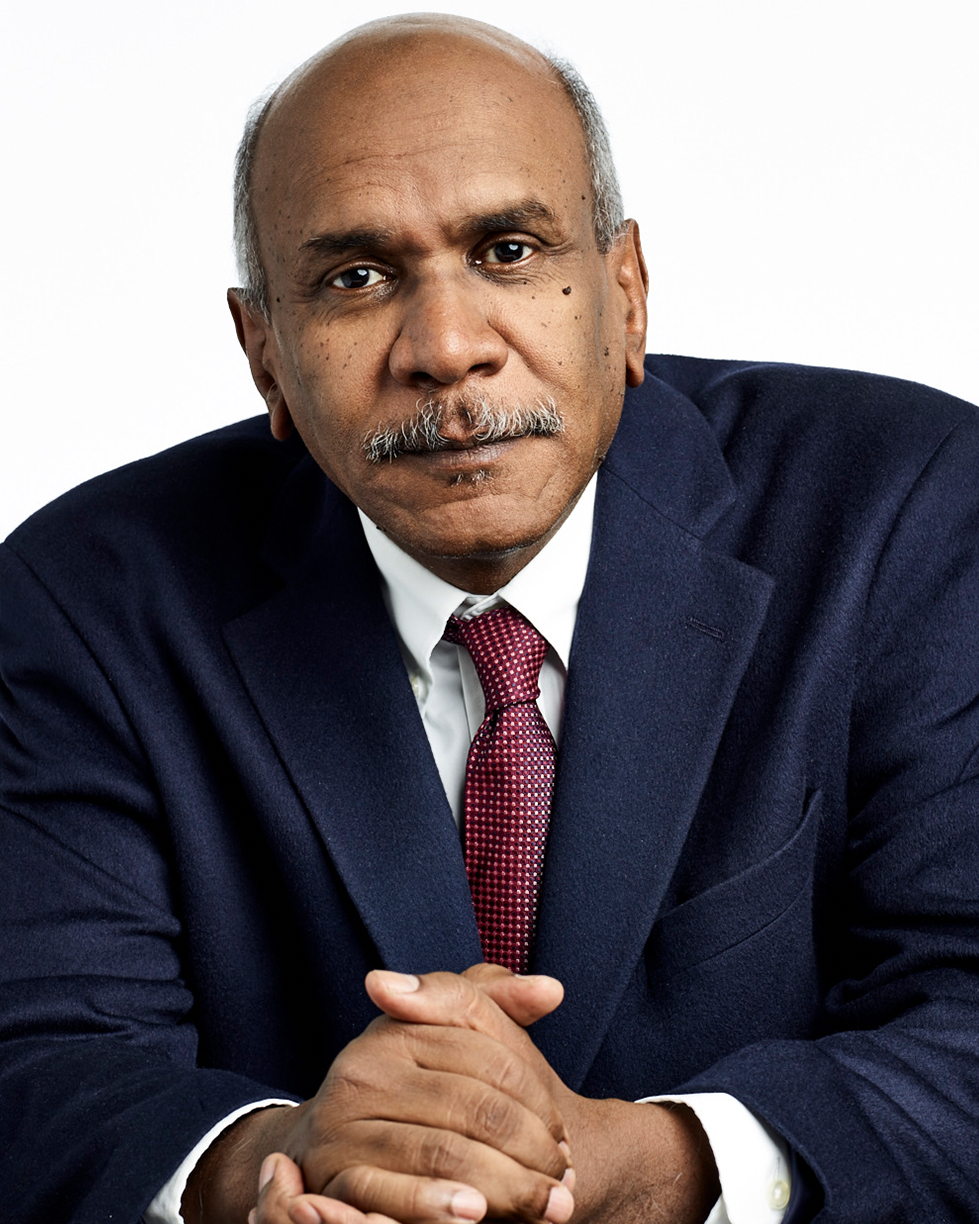 Professor Eltahir is HM King Bhumibol Professor of Hydrology and Climate, and Professor of Civil and Environmental Engineering at the Massachusetts Institute of Technology (MIT). Professor Eltahir earned a BSc in civil engineering from the University of Khartoum in 1985 (First Class Honours); an MSc in hydrology from the National University of Ireland in 1988 (First Class Honors); and an SM in meteorology and ScD in hydro-climatology, both from MIT in 1993.
Professor Eltahir is HM King Bhumibol Professor of Hydrology and Climate, and Professor of Civil and Environmental Engineering at the Massachusetts Institute of Technology (MIT). Professor Eltahir earned a BSc in civil engineering from the University of Khartoum in 1985 (First Class Honours); an MSc in hydrology from the National University of Ireland in 1988 (First Class Honors); and an SM in meteorology and ScD in hydro-climatology, both from MIT in 1993.
Professor Eltahir is a recipient of the US Presidential Early Career Award for Scientists and Engineers (PECASE) in 1997; and the Kuwait Prize in Applied Science in 2000 for his work on climate change. He has been elected Fellow of the American Geophysical Union (AGU) in 2008. He received the Hydrologic Sciences Award of the American Geophysical Union in 2017.
Professor Eltahir is a distinguished scholar in Hydrology and Climate Change and his work is work is highly recognized and published in top journals including Nature.
Professor Eltahir’s research focuses on understanding how global climate change as well as regional land use change/land cover change may impact society through changes in the patterns of water availability, extreme weather, and spread of vector-borne diseases. Together with his students, he develops sophisticated numerical models that are used for predicting such impacts at regional scales. The models are tested against satellite observations and archived data sets of hydrologic and atmospheric variables, as well as data collected in field campaigns.
Prof. Ali Rhouma, PRIMA Med, Spain
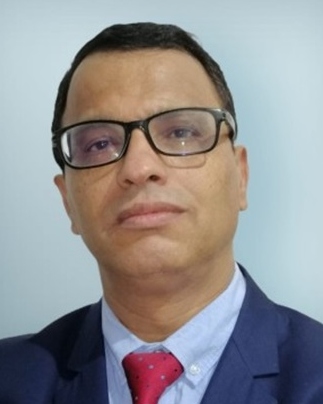 Dr. Ali Rhouma is a senior project officer at PRIMA foundation
responsible for Nexus Water-Energy-Food-Ecosystems. He conducted
comprehensive assessments of water-energy-food systems and exhibited
profound acumen in comprehending the intricacies of Energy-Water-Food
Nexus policies and financing mechanisms in the Mediterranean region.
Through workshops, training sessions, and collaborative
projects, he has had the privilege of working with diverse
stakeholders, ranging from policymakers and researchers to
local communities. He holds an agricultural engineering
degree (INAT-Tunisia), European Master in environment at
Swiss Federal Institute of Technology and a PhD in
agriculture (UCBL-France, INAT-Tunisia). He has more
than 20 years of experience in agricultural research in
Tunisia and in the Mediterranean region and led several
research and innovation projects and is a co-author and author of 122 publications and
4 National patents. He participated to several European projects (FP6, FP7, H2020)
aiming to reinforce S&T policy dialogue in the Euro-Mediterranean region. He
previously worked at Ministry of Agriculture - Tunisia as the director of Research
Department.
Dr. Ali Rhouma is a senior project officer at PRIMA foundation
responsible for Nexus Water-Energy-Food-Ecosystems. He conducted
comprehensive assessments of water-energy-food systems and exhibited
profound acumen in comprehending the intricacies of Energy-Water-Food
Nexus policies and financing mechanisms in the Mediterranean region.
Through workshops, training sessions, and collaborative
projects, he has had the privilege of working with diverse
stakeholders, ranging from policymakers and researchers to
local communities. He holds an agricultural engineering
degree (INAT-Tunisia), European Master in environment at
Swiss Federal Institute of Technology and a PhD in
agriculture (UCBL-France, INAT-Tunisia). He has more
than 20 years of experience in agricultural research in
Tunisia and in the Mediterranean region and led several
research and innovation projects and is a co-author and author of 122 publications and
4 National patents. He participated to several European projects (FP6, FP7, H2020)
aiming to reinforce S&T policy dialogue in the Euro-Mediterranean region. He
previously worked at Ministry of Agriculture - Tunisia as the director of Research
Department.
Prof. Esayas Alemayehu, Jimma Institute of Technology (JiT), Ethiopia
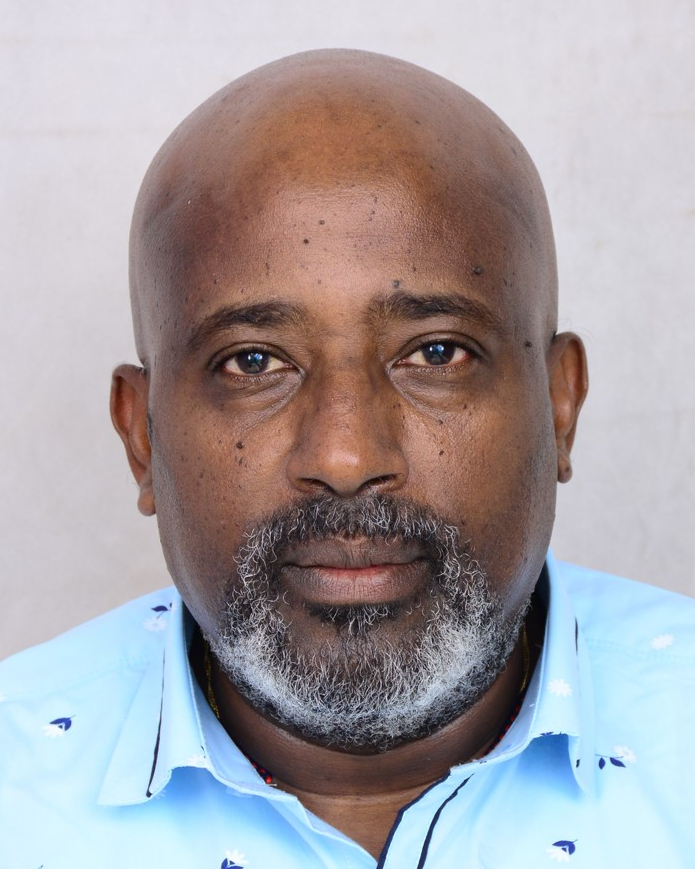 Prof., Dr.-Ing Esayas Alemayehu is a Full Professor, Senior Researcher, and Practicing Engineer at Jimma University in the field of Water and Environmental Engineering. He published extensively during the course of academic carriers including 180 scientific papers pertinent to his field of work. Furthermore, Professor Alemayehu is a visionary leader who firmly believes in transparent shared governance and who fully embraces cultural diversity.
Prof., Dr.-Ing Esayas Alemayehu is a Full Professor, Senior Researcher, and Practicing Engineer at Jimma University in the field of Water and Environmental Engineering. He published extensively during the course of academic carriers including 180 scientific papers pertinent to his field of work. Furthermore, Professor Alemayehu is a visionary leader who firmly believes in transparent shared governance and who fully embraces cultural diversity.
Non-linear problem solving water technologies in achieving efficient water management: Challenges and opportunities
Population expansion, economic growth and urbanization have increased the demand for adequate, clean, and safe water, challenging the existing linear water resource management, administrative schemes, and infrastructure development. This situation is expected to deteriorate in the future, particularly in areas vulnerable to climate change. Non-linear approaches are, thus, needed to ensure sustainable water use, while preserving freshwater resources, environmental quality, and economic development. Using the framework of technological innovation and water supply augmentation, this presentation highlights the recent and ongoing research-based non-linear problem solving water technologies, such as hybrid adsorption and desalination technologies (HAD) that supplements natural freshwater, and advanced oxidation processes (AOPs) that recycles unprecedented quantities, which aim to contribute new knowledge and potential solutions to the globe’s water scarcity issue.
Dr. May Sule, Cranfield University, UK
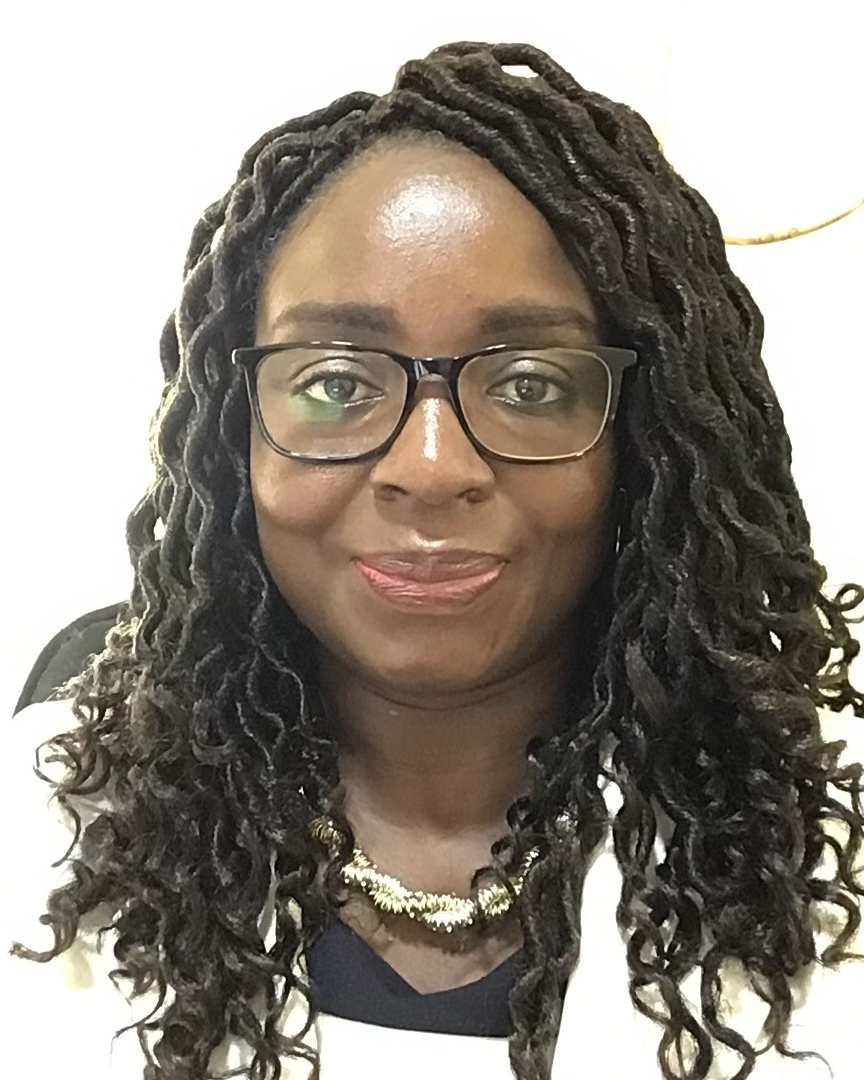 Dr May Sule is an environmental engineer specializing in the interactions between water security, climate and health systems including the application of total systems thinking approaches for sustainability. Her research embeds understanding of environmental health risks. She is a lecturer at Cranfield University UK.
Dr May Sule is an environmental engineer specializing in the interactions between water security, climate and health systems including the application of total systems thinking approaches for sustainability. Her research embeds understanding of environmental health risks. She is a lecturer at Cranfield University UK.
Development of water management infrastructure and health impacts
Schistosomiasis is a vector-borne disease and is a public health problem in tropical and subtropical regions of Africa, Asia, the Caribbean and South America. It is one of the neglected tropical diseases (NTDs) - a group of diseases and conditions that affect particularly low-income populations, worldwide. Over 200 million people are infected in 78 countries worldwide, with over 800 million people living at risk of infection and with over 90% of infected people living in sub-Saharan Africa. It is well established that the spatial distribution of schistosomiasis coincides with development of water management infrastructure - typically dams, irrigation systems and reservoirs for water supply and hydropower generation. Suggested engineering solutions (water flow, irrigation gates, concrete banks etc) and other methods to control the water vectors alongside approaches for integrating water resource management with water supply service delivery to reduce the health impact will be discussed.
Prof. Ali El Battay, UM6P Polytechnic University, Morocco
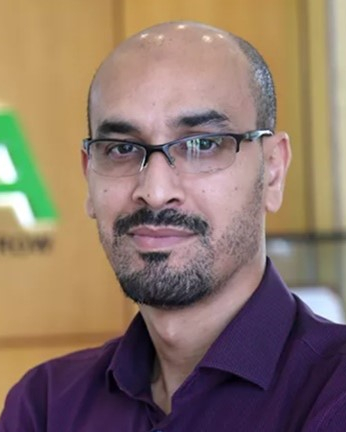 Dr. Ali El BATTAY is an accomplished Associate Professor of Remote Sensing at the Center for Remote Sensing Applications, College of Sustainable Agriculture and Environmental Sciences, UM6P Polytechnic University. With over 15 years of experience in the field of remote sensing, he has made significant contributions to the field of remote sensing and geoinformatics. Dr. Ali's most recent appointment was as Senior Scientist of Remote Sensing and Drones Technology at the International Center for Biosaline Agriculture (ICBA) in Dubai, UAE, where he served from 2018 to 2022.
Dr. Ali El BATTAY is an accomplished Associate Professor of Remote Sensing at the Center for Remote Sensing Applications, College of Sustainable Agriculture and Environmental Sciences, UM6P Polytechnic University. With over 15 years of experience in the field of remote sensing, he has made significant contributions to the field of remote sensing and geoinformatics. Dr. Ali's most recent appointment was as Senior Scientist of Remote Sensing and Drones Technology at the International Center for Biosaline Agriculture (ICBA) in Dubai, UAE, where he served from 2018 to 2022.
From Ice to Oasis: A Quarter-Century Journey Through Remote Sensing for Water Across Climates
Prof. Marouane Temimi, Stevens Institute of Technology, USA
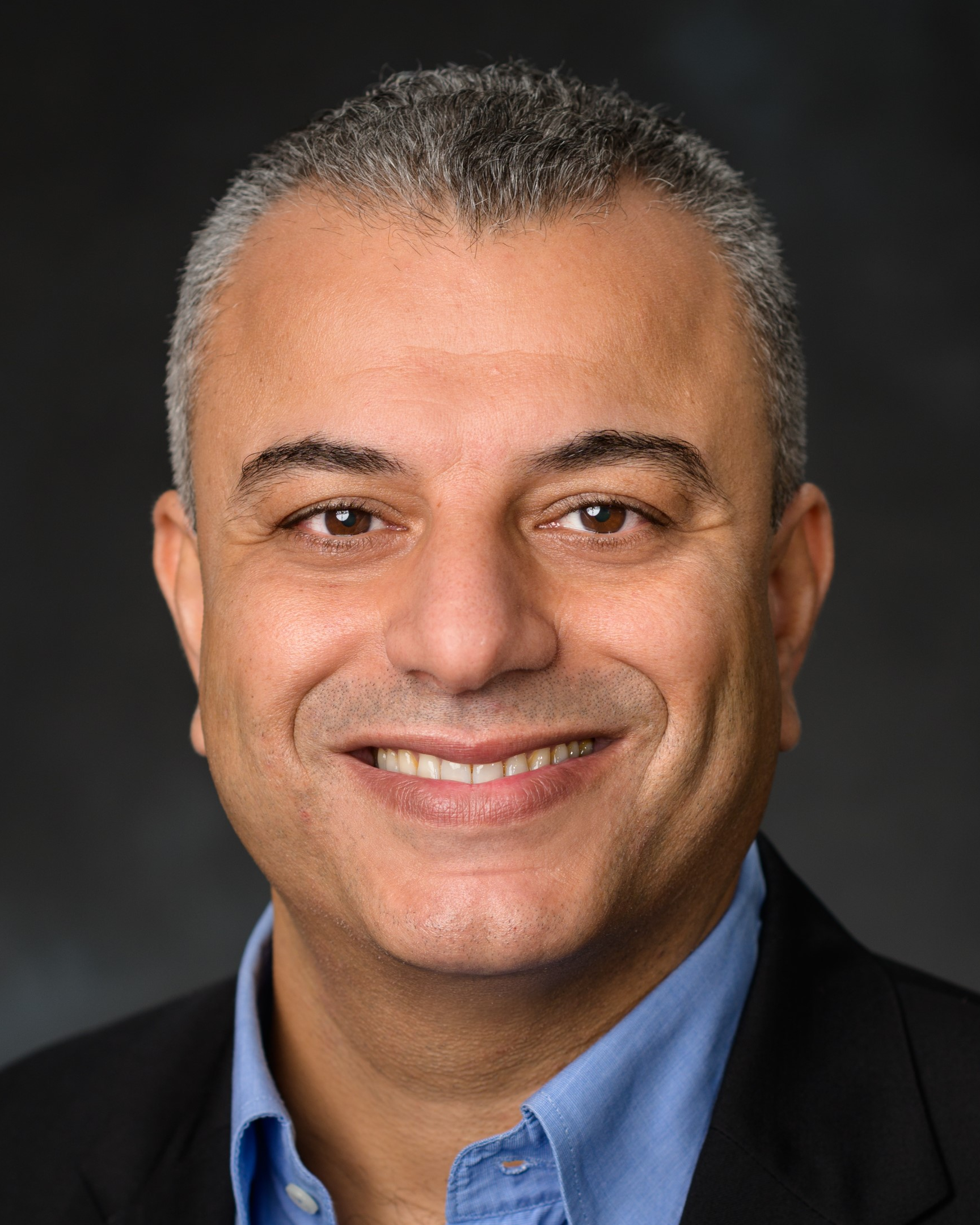 Dr. Temimi is an Associate Professor in the Civil, Environmental, and Ocean Engineering Department at Stevens Institute of Technology, in New Jersey, USA. Dr. Temimi obtained his Ph.D. degree in water resources and remote sensing and his MSc degree in Hydrology from the University of Quebec, Montreal, Canada. Dr. Temimi holds over fifteen years of extensive experience in industry and academia.
Dr. Temimi is an Associate Professor in the Civil, Environmental, and Ocean Engineering Department at Stevens Institute of Technology, in New Jersey, USA. Dr. Temimi obtained his Ph.D. degree in water resources and remote sensing and his MSc degree in Hydrology from the University of Quebec, Montreal, Canada. Dr. Temimi holds over fifteen years of extensive experience in industry and academia.
Leveraging remote sensing data and advanced numerical models to enhance the modeling of river discharge
Satellite-based remote sensing has emerged with the advent of several new and enhanced sensors in recent years. Specifically, the Visible Infrared Imaging Radiometer Suite (VIIRS), embarked on the Suomi-NPP (SNPP), NOAA-20, and NOAA-21 satellites, offers repetitive and wide-ranging coverage, thereby establishing itself as an exceptional candidate for the monitoring of river discharge. When merged with advanced numerical modeling, satellite data advance the prediction of flood inundation and lead to a better understanding of their associated risk.
Asma Abou Ali, Faculty of Sciences, Ibn Zohr University, Morocco
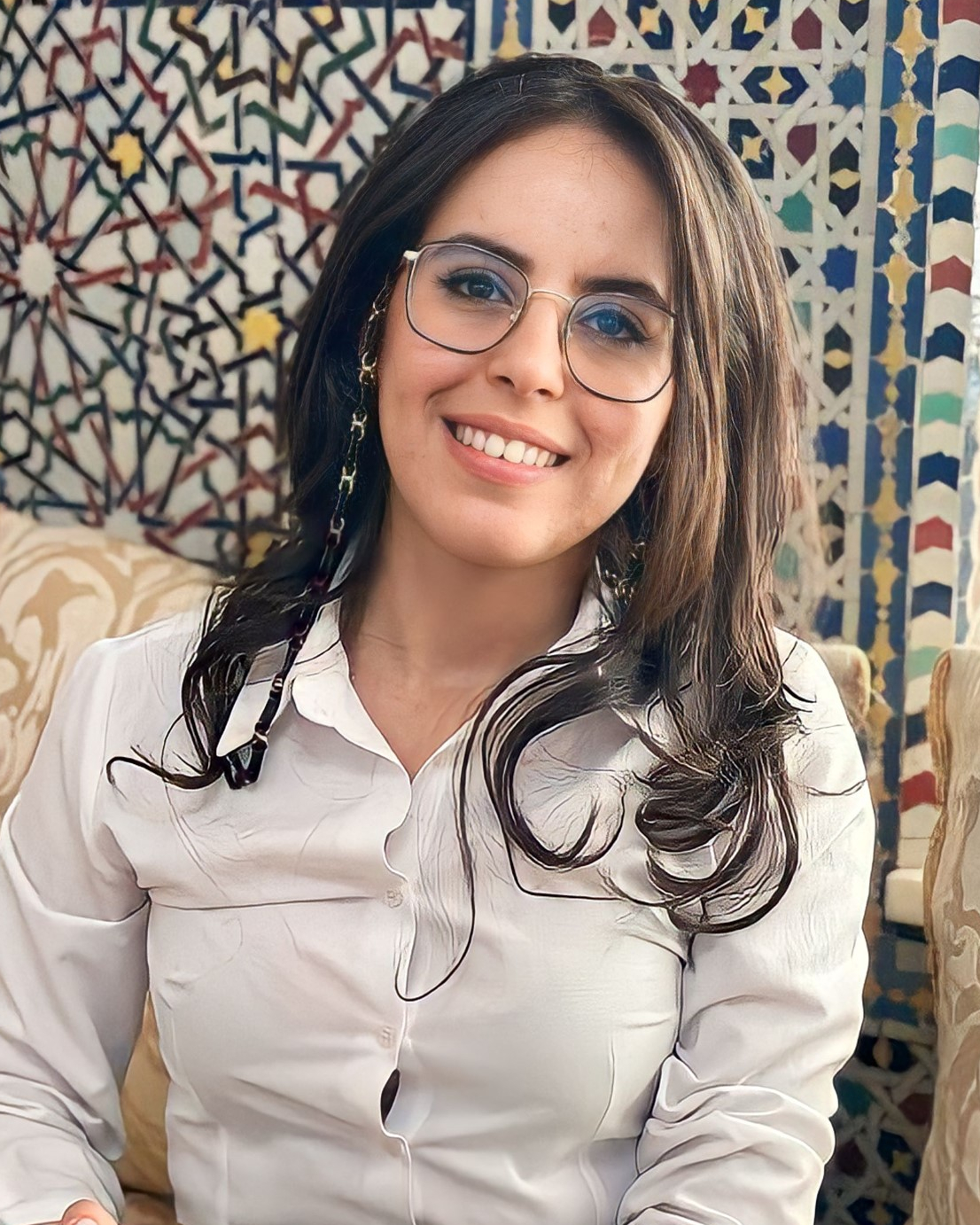 My name is Asma ABOU ALI. I am a PhD candidate in Earth and geo-environmental sciences at the science faculty of Ibn Zohr University. Before coming to Ibn Zohr University, I completed two postgraduate programs: an Agricultural Engineering diploma (2014-2020) from Hassan II Institute of Agronomy and Veterinary Medicine (Morocco) and a Master of Science in Organic Agriculture (2018-2020) from CIHEAM-Bari (Italy). I also hold a certificate of the Advanced Specialized Course in “Innovation & Youth Entrepreneurship in the Mediterranean Agri-food Sector” from CIHEAM-Bari. I am a member of The International Association for Hydro-Environment Engineering and Research (IAHR). I am a native Amazigh speaker, with advanced levels in Arabic, French (C1.2) and English (Advanced 2), and a beginner Italian user (A1).
My name is Asma ABOU ALI. I am a PhD candidate in Earth and geo-environmental sciences at the science faculty of Ibn Zohr University. Before coming to Ibn Zohr University, I completed two postgraduate programs: an Agricultural Engineering diploma (2014-2020) from Hassan II Institute of Agronomy and Veterinary Medicine (Morocco) and a Master of Science in Organic Agriculture (2018-2020) from CIHEAM-Bari (Italy). I also hold a certificate of the Advanced Specialized Course in “Innovation & Youth Entrepreneurship in the Mediterranean Agri-food Sector” from CIHEAM-Bari. I am a member of The International Association for Hydro-Environment Engineering and Research (IAHR). I am a native Amazigh speaker, with advanced levels in Arabic, French (C1.2) and English (Advanced 2), and a beginner Italian user (A1).
Enhancing Citrus Irrigation Efficiency in Morocco's Semi-Arid Regions.
Morocco, reliant on rainfed agriculture, faces water scarcity exacerbated by climate change. Declining groundwater and reduced rainfall necessitate increased irrigation, especially in semi-arid regions, driving up water demand. Effective irrigation management is crucial for optimizing agricultural production. I focus on creating a citrus-specific irrigation schedule in the Souss-Massa region using Soil Water Balance and Eddy-Covariance techniques, a first for the area. The study site, a commercial citrus orchard in El-Guerdane, employs continuous drip irrigation. The project aims to provide data to mitigate climate change impacts, aiding scientists, and farmers in rational irrigation practices to prevent yield reduction.
Prof. Ousmane Seidou, Ottawa University, Canada
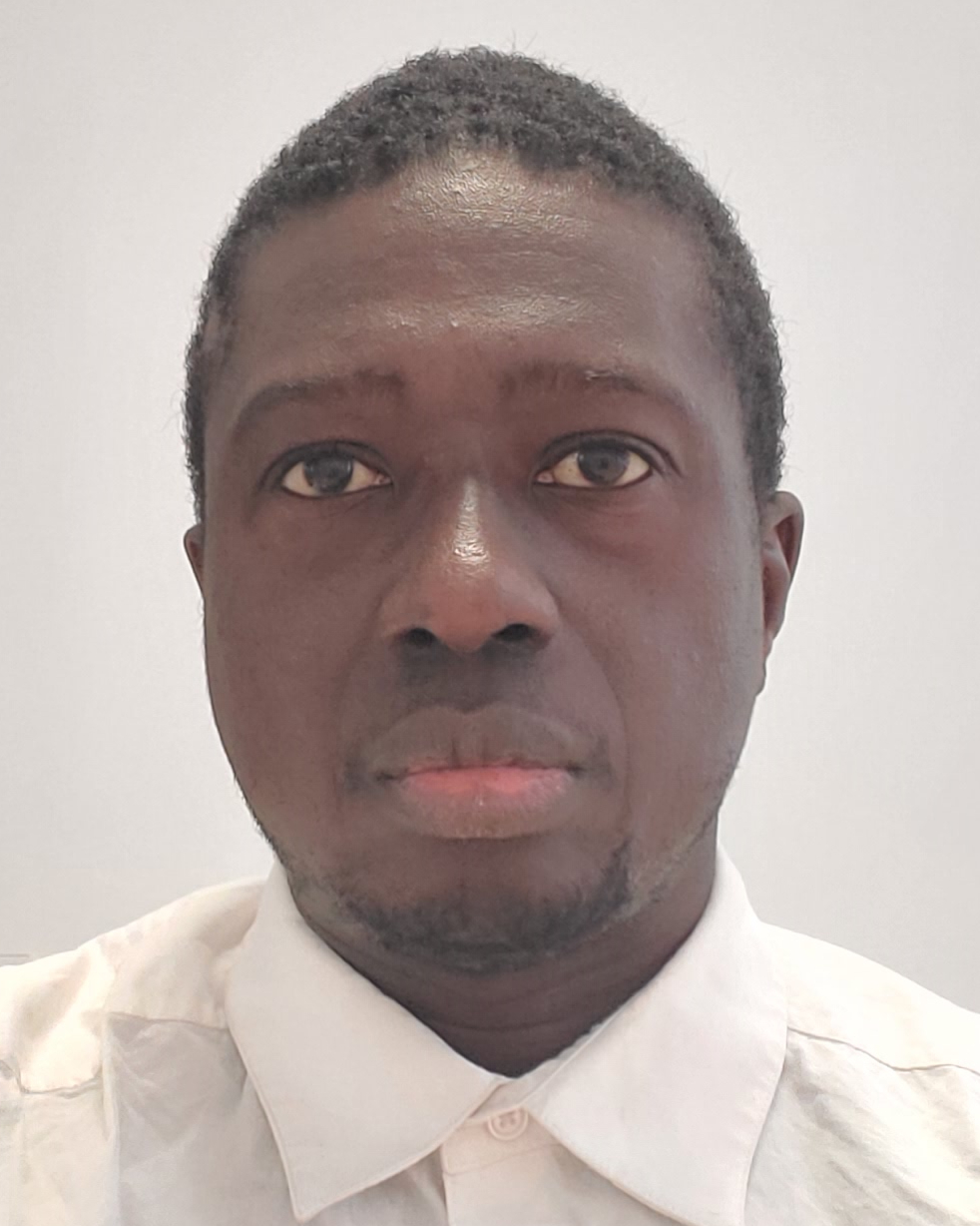 Ousmane Seidou, P.Eng., Ph.D. is a professor of water resources at the Department of Civil Engineering, University of Ottawa, co-chair of the water committee at the International Platform on Adaptation Metrics, and adjunct professor at the United Nations University, Institute for Water, Environment and Health. He has more than 21 years of experience in research, teaching, and capacity development activities related to water resources management, hydrological risk, and adaptation to climate variability and change.
Ousmane Seidou, P.Eng., Ph.D. is a professor of water resources at the Department of Civil Engineering, University of Ottawa, co-chair of the water committee at the International Platform on Adaptation Metrics, and adjunct professor at the United Nations University, Institute for Water, Environment and Health. He has more than 21 years of experience in research, teaching, and capacity development activities related to water resources management, hydrological risk, and adaptation to climate variability and change.
Operationalization of the Water-Energy-Food-Environment (WEFE) Nexus: experience of the Niger River Basin
The WEFE nexus approach marks a significant shift in the global development strategy, moving from isolated sectoral projects to a holistic method of managing resources within the framework of a "green economy" and ensuring essential supply security. This method focuses on crafting solutions that are both context-specific and span across various sectors, through interventions that are integrated both horizontally and vertically. However, implementing this approach comes with its set of challenges, including a limited grasp of the intricate connections between sectors, a lack of resources/data/modeling capabilities, and a misalignment with current global, regional, and national frameworks, policies, and procedures. Our presentation will explore our efforts to integrate nexus thinking into the management of water and land resources for the Niger Basin Authority, aiming to enhance investment efficiency, advance towards sustainable development goals, and secure crucial funding.
Dr. Charles Onyutha, Kyambogo University, Kampala, Uganda
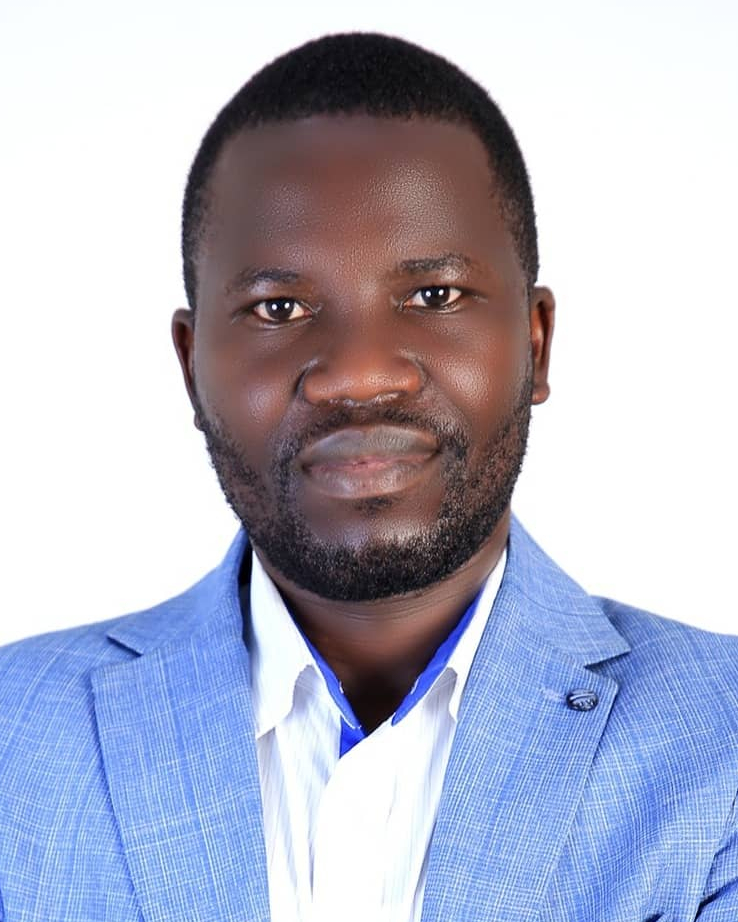 Charles Onyutha is the Dean, Faculty of Engineering at Kyambogo University, Uganda. He holds PhD in Civil Engineering, and Master of Science in Water Resources Engineering, all obtained from KU Leuven (Belgium).
Charles Onyutha is the Dean, Faculty of Engineering at Kyambogo University, Uganda. He holds PhD in Civil Engineering, and Master of Science in Water Resources Engineering, all obtained from KU Leuven (Belgium).
Sub-Saharan African Environment and Water Resources in a Changing Climate
The threat of changing climate to the environment and water resources of the sub-Saharan Africa is frightening. Actionable policies regarding developments of adaptation measures continue to be made under huge uncertainties on climate change information. Advances regarding climate and environmental science of the sub-Saharan Africa require concerted efforts of various relevant stakeholders.
Prof. Asaad Yahia Shamseldin, The University of Auckland, New Zealand
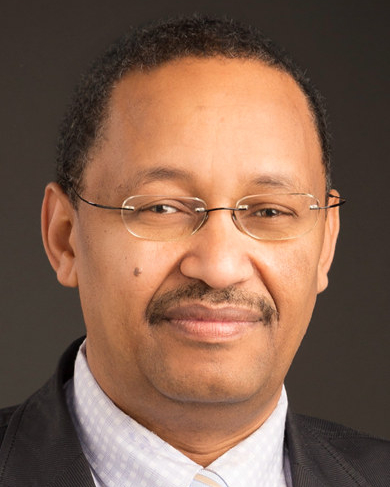 Professor Asaad Y. Shamseldin has considerable research, consultancy, and technology transfer experience in the field of hydrology and water recourses. Professor Shamseldin acted as a reviewer for engineering design guidelines both nationally and internationally. He also served as editor for international journals. His research focuses on innovative predictive modelling combined with an experimental approach to advance scientific knowledge. His work covers the areas of climate and land use changes, urban water management, catchment hydrology, global water cycle, transboundary water issues, natural hazard engineering and risk & uncertainty analysis. Professor Asaad Shamseldin has a distinguished record of publications in peer refereed high-citation international journals, books and conference proceedings. He is currently Vice Chair for the Sustainable Development Goals Working Group of the International Association for Hydro-Environment Engineering and Research (IAHR). He is also a member of the executive committee for the IAHR Asia Pacific division (IAHR-APD).
Professor Asaad Y. Shamseldin has considerable research, consultancy, and technology transfer experience in the field of hydrology and water recourses. Professor Shamseldin acted as a reviewer for engineering design guidelines both nationally and internationally. He also served as editor for international journals. His research focuses on innovative predictive modelling combined with an experimental approach to advance scientific knowledge. His work covers the areas of climate and land use changes, urban water management, catchment hydrology, global water cycle, transboundary water issues, natural hazard engineering and risk & uncertainty analysis. Professor Asaad Shamseldin has a distinguished record of publications in peer refereed high-citation international journals, books and conference proceedings. He is currently Vice Chair for the Sustainable Development Goals Working Group of the International Association for Hydro-Environment Engineering and Research (IAHR). He is also a member of the executive committee for the IAHR Asia Pacific division (IAHR-APD).
Atmospheric Rivers and Hydrological Cyle
Atmospheric Rivers (ARs) are filamentary regions conveying water vapour and their volumetric flow can be many times that of the Amazon river. This presentation will provide an overview of the links between the atmospheric rivers and the hydrological cycle worldwide. Using a New Zealand case study, the presentation will discuss a framework of linking atmospheric rivers to extreme rainfall. The presentation will also discuss the occurrence of atmospheric rivers in Africa and their impacts on the African water resources.
Prof. Samuel Ukpong Okon, Akwa Ibom State University, Nigeria
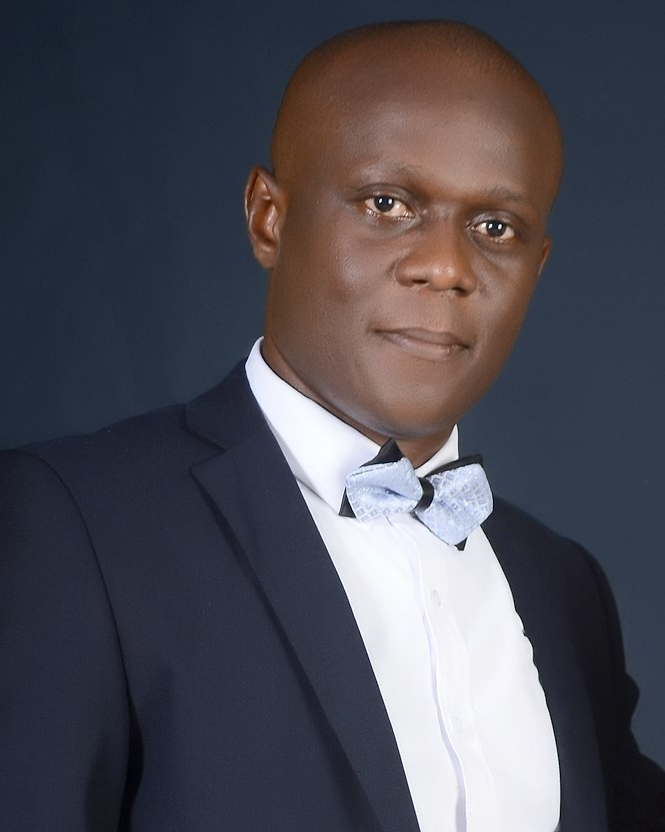 Dr. Samuel Ukpong Okon is a Lecturer at Akwa Ibom State University in Nigeria and a Postdoctoral Researcher at Zhejiang University in China. He holds a Ph.D. in Ocean Engineering from Zhejiang University, and an M.Sc. in Physical Oceanography from Bangor University in the United Kingdom. Following his multidisciplinary background, Dr. Sam has published research papers across different disciplines of ocean sciences and engineering. He has given presentations at international conferences and reviews for several journals.
Dr. Samuel Ukpong Okon is a Lecturer at Akwa Ibom State University in Nigeria and a Postdoctoral Researcher at Zhejiang University in China. He holds a Ph.D. in Ocean Engineering from Zhejiang University, and an M.Sc. in Physical Oceanography from Bangor University in the United Kingdom. Following his multidisciplinary background, Dr. Sam has published research papers across different disciplines of ocean sciences and engineering. He has given presentations at international conferences and reviews for several journals.
Colliding Gravity Currents
Colliding gravity currents frequently occur in estuaries and oceans. However, a full understanding of this phenomenon is hindered by the remote bottom locations and limitations of in situ measuring equipment. Recent technological advances in laboratory techniques and high computational power have enabled the study of colliding gravity currents using experimental and numerical models. This has led to a better understanding of complex interactions that are difficult to observe in nature. The brief presentation will highlight recent advances in this research direction, identify research gaps, and offer valuable insights into the implications of gravity currents collision in nature.
Dr. Modupe Jimoh, Warwick University, UK
 Dr Modupe Jimoh is a Chartered Engineer with education and practice in civil, Water, and Environmental Engineering. Her experience includes teaching, research, capacity building, and consultancy in these themes.
Dr Modupe Jimoh is a Chartered Engineer with education and practice in civil, Water, and Environmental Engineering. Her experience includes teaching, research, capacity building, and consultancy in these themes.
Flowing Towards Sustainability: Harnessing Water for a Greener Future
This session will review capacity building for the water sector, with a strong emphasis on embedding sustainability and enhancing services in humanitarian settings. Furthermore, it aims to shed light on the research conducted in the area of waste-to-wealth, which has significant implications for resource optimization and environmental stewardship.
Dr. Sani Dauda Ahmed, National Water Resources Institute (NWRI), Nigeria
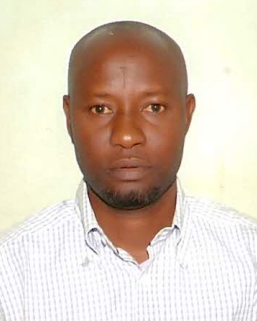 My career experience, expertise and research interest are on areas dealing with water resources and environment. I have B.Eng. degree in Agricultural Engineering (Soil and Water option) and advance degrees - M.Sc. (Water Resources and Environmental Engineering), Postgraduate Certificate in Ecohydrology and PhD (Water Resources Engineering) which have given me the opportunity to support and manage implementation of capacity building programs and applied research in the field of water resources and environment. I am a member of the Nigerian Society of Engineers and Council for the Regulation of Engineering Practice in Nigeria (COREN) (Registered Engineer).
My career experience, expertise and research interest are on areas dealing with water resources and environment. I have B.Eng. degree in Agricultural Engineering (Soil and Water option) and advance degrees - M.Sc. (Water Resources and Environmental Engineering), Postgraduate Certificate in Ecohydrology and PhD (Water Resources Engineering) which have given me the opportunity to support and manage implementation of capacity building programs and applied research in the field of water resources and environment. I am a member of the Nigerian Society of Engineers and Council for the Regulation of Engineering Practice in Nigeria (COREN) (Registered Engineer).
Error Correction of Stage-Discharge Relation of a River Constrained by Limited Hydrometric Data
Accurate and reliable measurement of river flow particularly discharge is an important hydrological parameter required for developing stage-discharge relationship otherwise known as the rating-curve. This study tested the application of Boyer method using the Jones formula for correcting error resulting from hysteresis effect in stage-discharge relationship of River Wiwi, an inland river constrained by limited hydrometric information. Combined application of the Jones and Boyer approaches reduces the deviations of the measured discharges from 168.5% to 5.4%, and a satisfactory rating-curve was established for the river. A rating equation developed for the river based on the corrected discharges also gave satisfactory results when the fitted curve was extrapolated beyond the range of the discharges. Analysis of the deviations between the extrapolated and rating discharges was found to be 3.5%. Correlation coefficient and standard error of estimate used for evaluating the performance of the rating equation were found to be 0.997 and 0.11 respectively. The results illustrate the significance of the methods for correcting loop-rating resulting from hysteresis effect in stage-discharge relation of a river constrained by limited hydrometric data.
Dr. Salamatu Tannor, Rhine- Waal University of Applied Sciences, Germany
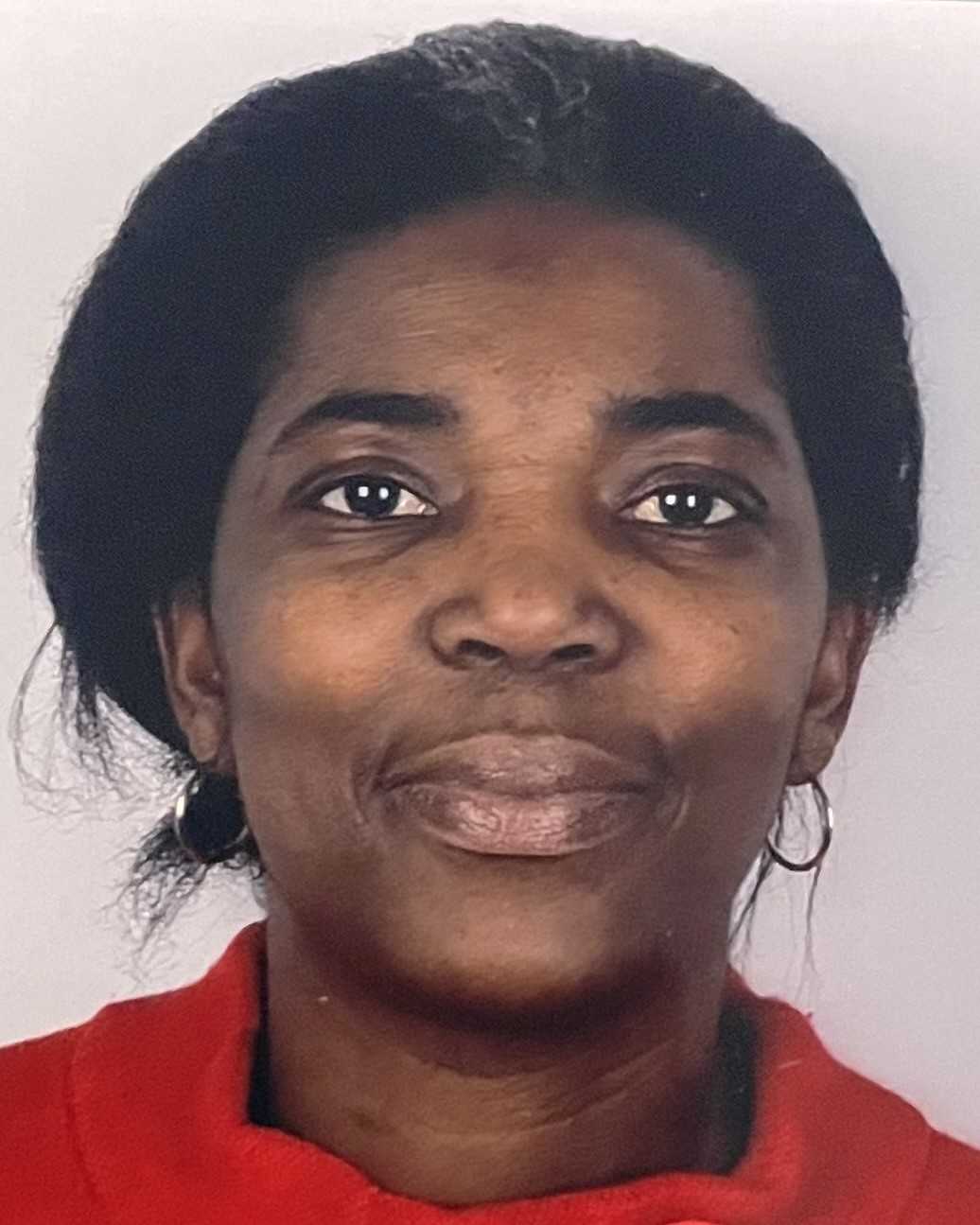 Research Associate at Rhine- Waal University of Applied Sciences. I am an interdisciplinary researcher with interest in extreme climates, mining, sociohydrology, sustainability. I obtained my PhD from the University of Bonn, Faculty of Mathematics and Natural Sciences, 01. 2024, MSc. in Water Resources Management and Engineering (2012), Civil Engineering Dept KNUST, Kumasi.
Research Associate at Rhine- Waal University of Applied Sciences. I am an interdisciplinary researcher with interest in extreme climates, mining, sociohydrology, sustainability. I obtained my PhD from the University of Bonn, Faculty of Mathematics and Natural Sciences, 01. 2024, MSc. in Water Resources Management and Engineering (2012), Civil Engineering Dept KNUST, Kumasi.
Is site water management still capable of addressing double burdened mine water systems?
I intend to talk about mining and hydroclimatic dynamics within rural West African watersheds (Ghana). Mine water systems and their surrounding socio-hydrological systems are double burdened by the outcomes of operational activities and extreme climates. Hence, traditional site-specific assessment of mine water is redundant, rather, a watershed assessment approach can be useful strategy to even address adaptation issues.